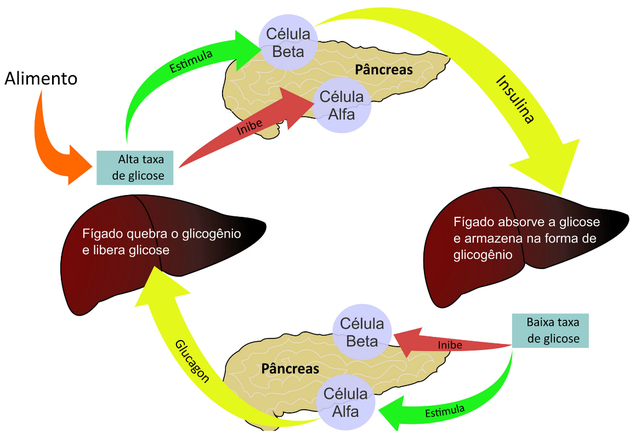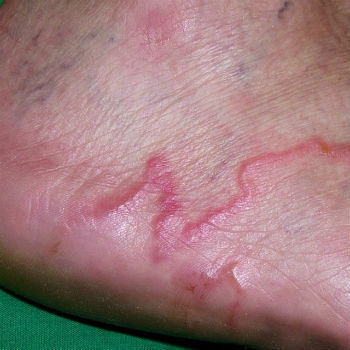The human body continues to be unraveled by science, however, much remains a mystery.
This list has a series of fun facts and trivia about the human body.
1. How many bones are there in the human body?
The body of an adult human being has 206 bones. Newborn babies have about 300, as they grow, many bones fuse to form just one.
2. What is the smallest and biggest bone in the body?
The smallest bone in the human body is the stapes, located in the middle ear, and the largest is the femur, the thigh bone.
3. How many ribs does a person have?
A normal person has 12 pairs of ribs, but 0.5% of people have an “extra” pair of ribs, the 13th pair.
4. What is the largest organ in the human body?
The skin is the largest organ in the human body, in adults it reaches 2m2 and about 3.5 kg.
5. How long is the intestine?
The small intestine can reach 9 meters in length. With the large intestine, the set can exceed 10 meters in length.
6. How long are the blood vessels?
The total length of blood vessels (arteries, veins and capillaries) is about 100,000 kilometers. Given the circumference of the Earth, which measures 40,075 km, the blood vessels, if aligned, would circle the planet two and a half times.
7. How fast is a sneeze?
When a person sneezes, the expelled particles reach a speed of about 160 km/h. And, it's impossible to sneeze with your eyes open, the eyes automatically close when you sneeze.
8. How fast is the brain?
Nerve impulses travel through the brain at an average speed of 270 km/h. Already the fastest impulse recorded reached 288 km/h.
9. What is the brain's storage capacity?
The human brain has about a trillion connections between neurons, which would correspond to a storage capacity of about 2.5 petabytes (1 million gigabytes). The speed for processing all this information is equivalent to a 16,800 GHz processor.
10. How many cells are there in the human body?
The human body is made up of around 30 trillion cells and the amount of bacteria that inhabit the human body is even greater, around 40 trillion. Bacteria account for up to 2 kg of a person's weight.
11. What is the biggest molecule in the human being?
The largest molecule in the human body is also the largest in nature. On chromosome 1 of human beings, 10 billion atoms are needed to store the codes present in the DNA.
12. What is the biggest cell in the human body?
The largest cell in the human body is the egg, measuring about 0.1 millimeters. It is also the only cell that can be seen with the naked eye. The smallest cell in the body is also linked to reproduction, it is the sperm.
13. How much blood is there in the body?
The human body has about 5 liters of blood. In a blood donation, a maximum of 450 ml is given.
The only places in the body that are not irrigated by blood are the hair, nails, and corneas. By not receiving oxygen through the blood, the corneas “breathe” extracting it from the air.
14. How many strands of hair are on a person's head?
Hair follicles are already present in newborns and add up to a total of 150 thousand. Throughout life, the rate of hair production in these follicles varies, but at their peak, around the age of 25, they will be 150,000 hairs.
15. How many times a day does a heart beat?
An adult heart beats about 100,000 times a day. This means that in a single year the main muscle in the body will have beat 36.5 million times.
See too:
- Organs of the human body without which you can survive
- 8 Superpowers of the Human Body Cells
- Human Body


